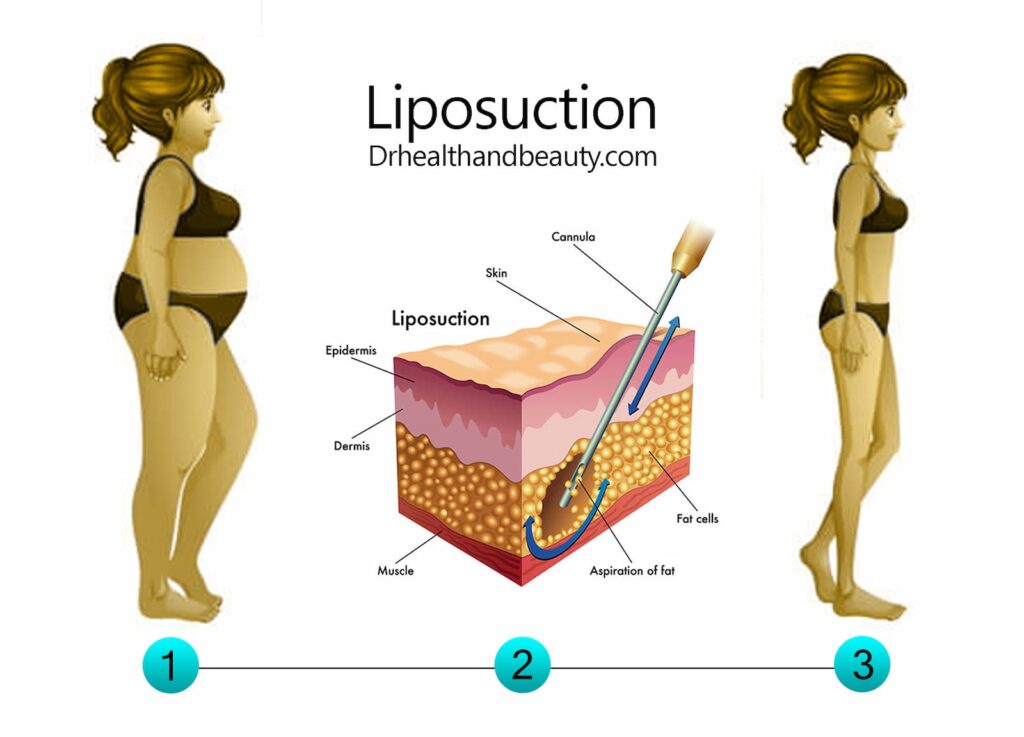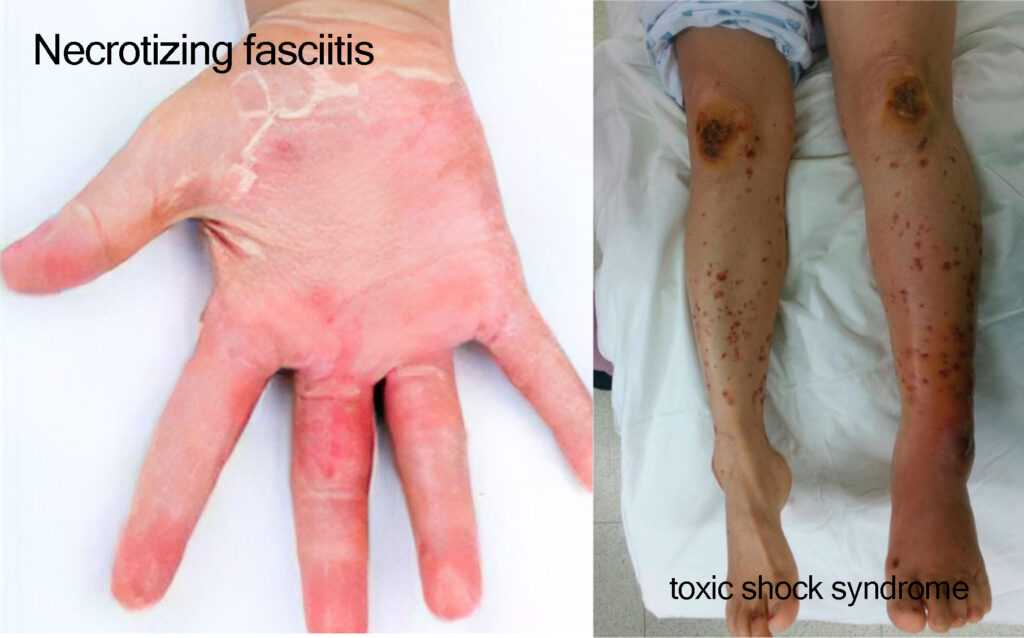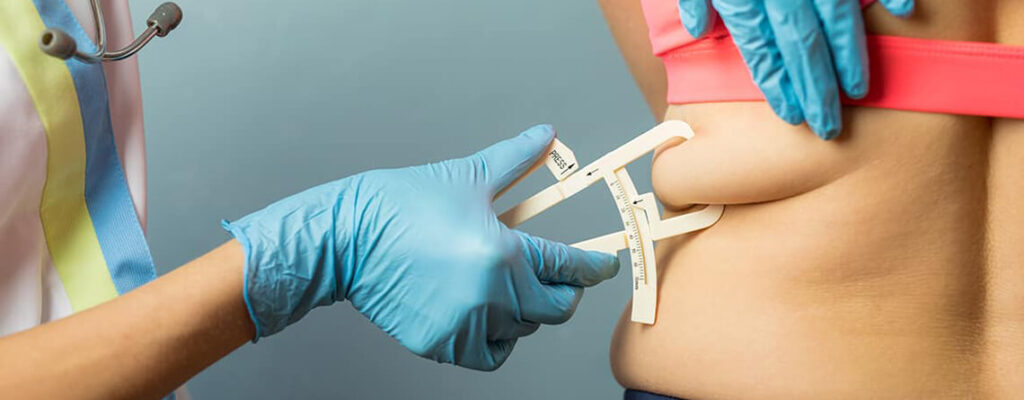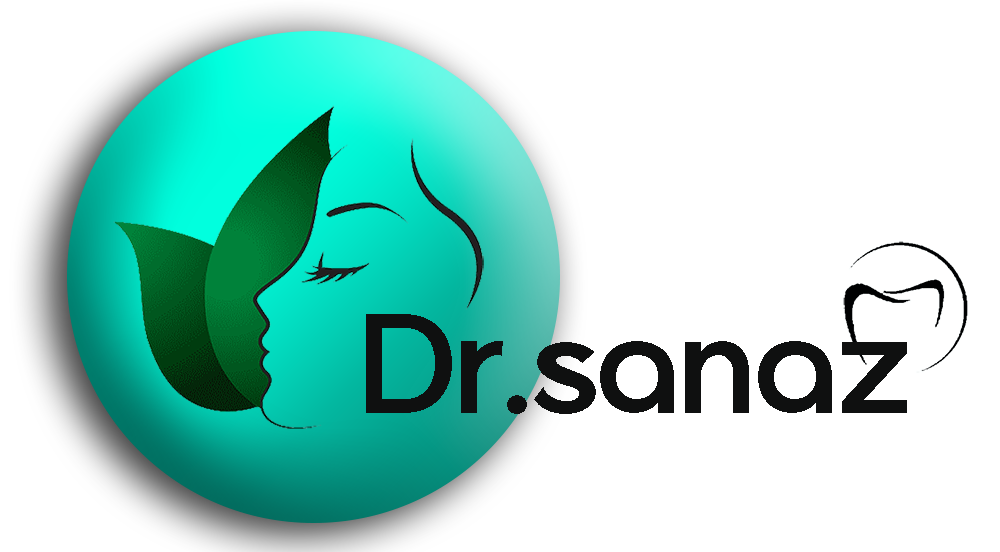

What Are The Side Effects Of Liposuction Surgery
Liposuction is a type of surgery in which a hollow metal tube made of stainless steel (called a cannula) enters the tissue of the desired area through an incision made on the skin, and the fat in that area is removed by suction.
Although today, it is considered a familiar and safe way to get rid of accumulated fat in different body areas, we should recognize that this surgert is still a surgical procedure and can have its risks and side effects.
Table of Contents

Among the risks and possible side effects of liposuction, we can mention infection, embolism, inflammation, damage to organs and nerves, death of skin tissue, burns, excessive bruising, poisoning caused by anesthetic drugs, and leading to death in rare cases.
Fatalities from this surgery have been reported at the lowest level, between 3 cases per 100,000 cases to more than 20 to 100 cases per 100,000 surgeries performed. This statistic is similar to the probability of death in traffic accidents, which results in 16 deaths per 100,000 accidents.
Be sure to inform your surgeon fully about your condition before this surgery.
Considering the risks of this treatment method, be sure to research this method well in advance and consult with an experienced plastic surgeon so that you can make an informed decision about this surgery by considering the benefits and risks of this method.
Also, be sure to inform your surgeon about your condition before that procedure and inform him of any medical history and illness and whether you are taking certain medications.

The most common side effects of liposuction
Bruising, swelling, and numbness
The most common unpleasant side effects are severe bruising, swelling, and numbness of the treated area. Most of these side effects will be resolved after six months, but if the numbness of the treated area continues, this side effect indicates nerve damage and may be permanent.
Most patients will have severe bruising for the first 7 to 10 days after surgery. However, bruising may be more severe and take longer to heal in patients who bleed profusely (those with hemophilia) and those with a history of anti-inflammatory medications.
To be Also, after the operation, fluids may also be secreted from the swollen surgical incisions.

skin damage
Another common side effect of liposuction is tissue death or skin necrosis (death of a collection of skin cells and tissues in the treated area).
However, this complication does not cause death. In this case, the dead skin first changes color, and then the infection caused by the bacteria is transferred to broader areas of the skin. Another potential risk and side effect of ultrasound liposuction or laser liposuction (also known as SmartLipo) is burns.
In this method, the cannula may become very hot due to the high energy level of the ultrasound and laser and burn the surrounding tissue. Such an event can cause permanent scarring, skin discoloration, and nerve damage.
In addition to creating permanent scars and changing the color of the skin, another damage to the beauty of the skin is creating irregularity and unevenness in skin contouring.
This complication usually occurs in face and neck liposuction where, due to the poor elasticity of the skin (especially in older patients) and the uneven removal of fat tissue, this surgery can make the skin of the treated area look wrinkled, wavy, and faded.

Risks and rare side effects of liposuction
- Dangers of anesthesia
Anesthesia for liposuction can cause more severe complications during or after the procedure. Thomson liposuction is one of the most common liposuction procedures in which high doses of lidocaine are used for local anesthesia.
Over-injection of lidocaine can lead to poisoning of the patient, after which side effects such as numbness, drowsiness, ringing in the ears, slurred speech, convulsions, anesthesia, and possibly respiratory and cardiac arrest may occur.
Respiratory and cardiac arrest can be fatal. Remember to undergo a physical examination before this surgery to determine if this procedure is correct.
Be honest when presenting your medical history to the doctor and inform him of all the cases. Anesthesia is used in all surgeries, and this drug is always associated with possible risks and complications.

- infection
Besides the risks of anesthesia, another inherent risk of all surgeries is infection. Although smaller incisions are made in liposuction, there is still a possibility of infection of these wounds, which should be considered a possible risk.
Necrotizing fasciitis (flesh-eating bacteria) and toxic shock syndrome are two types of acute surgical infections that can lead to patient death. If such cases occur, surgery may be needed to treat the infected tissue, and these multiple surgeries increase the possibility of permanent scars and scars.
The doctor usually prescribes antibiotics to the patient before surgery to prevent such cases. To minimize the risk of infection, you should disinfect and clean your wounds regularly after surgery and see your doctor or surgeon immediately if you develop any signs of infection.

- Fat embolism
Another fatal side effect of liposuction is fat embolism. A fat embolism occurs when, due to the shock and vibration caused by the movement of the cannula, some of the vessels around the area are damaged, and the fat enters the vessel.
In this case, this fat can accumulate in the lungs or go to the brain. Both of these conditions are very dangerous and deadly because the fat trapped in the lungs can cause shortness of breath, difficulty breathing, and respiratory arrest, and even worse when this fat reaches the brain, it can lead to permanent paralysis and death.
- Imbalance of body fluids
If a large amount of fluid is injected during liposuction of the thigh and abdomen, the complication of body fluid imbalance occurs. Too much fluid can affect the heart, lungs, and kidneys and be fatal.
An imbalance of body fluids should not be confused with the formation of a seroma or the accumulation of fluid in the area where the tissue has been removed. Seromas are temporary and must be drained by a doctor or nurse using a needle.
Side effects of liposuction in the long term
The long-term side effects of liposuction will be variable and different. Liposuction removes excess fat in the treated area temporarily. Therefore, fat will be stored in different body parts if you gain weight again.
The new fats are hidden in deeper layers of the skin, and if these fats find their way to the tissue around the heart or liver, the situation will become fatal and dangerous. After liposuction, some people permanently damage their nerves, and their skin sensitivity decreases dramatically.
Others see the suctioned area sinking or opening its mouth, and some people’s skin may become wavy or sunken. All these side effects are permanent and lifelong and cannot be reversed.
In general, the general side effects of liposuction include the following:
- Problems related to anesthesia and anesthesia
- Bruising in the operated area
- The possibility of causing a slight burn on the skin
- Unevenness on the skin after liposuction
- Regional change in skin color
- Need for re-surgery
- Long-term anesthesia in the operated areas
- Sagging and laxity of the skin of the operated area
- Burns of subcutaneous tissue
- Allergy caused by anesthetics
- Inflammation and swelling in the surgical site
Most complications and risks mentioned are general and will improve with time. If these side effects do not go away or if they irritate the patient, you should see a doctor.

By identifying the risk factors of liposuction complications and following some simple tips, the probability of their occurrence can be reduced to zero:
- Smoking and liposuction complications
Smoking increases the risk of liposuction side effects. Smoking delays the healing process and prolongs the recovery period of liposuction. Almost all doctors believe smoking should be stopped a few weeks before and after liposuction or any other operation.
- Extensive liposuction in the body and complications
At most, the amount of fat removed from the body should be the standard, or several liposuction surgeries should be performed simultaneously. This issue is often the leading cause of short-term and long-term complications.
The body can tolerate pain and wounds caused by surgery to a certain extent. If several areas of the body need liposuction, it is recommended to perform surgery in several sessions. It is better to have at least one month between two operations.

- Medical history and the possibility of liposuction complications
Certain diseases increase the risks of liposuction. These include immune system diseases, seizures, cardiovascular diseases, blood coagulation problems, and severe bleeding.
Doctors recommend that these people avoid liposuction. Before the liposuction operation, the surgeon must fully inform the patient’s medical history.
- Side effects of liposuction due to the use of certain drugs
People who take drugs such as warfarin, aspirin, anti-inflammatory drugs, etc., may experience more bleeding. Therefore, it is recommended to inform the surgeon in case of taking these drugs and adjust their usage method by the doctor.
- Aging and Complications of Liposuction
Older people may not get good results from liposuction. Also, the possibility of side effects from liposuction is more in the elderly, and the recovery process will be longer. The skin loses its elasticity at this age, affecting the surgery results.

Side effects of liposuction for pregnancy
Many women are worried about the problems of liposuction during their pregnancy. Some issue that should be considered is that it is better to do this operation after the last pregnancy to have long-term results.
In the operation of liposuction, only subcutaneous and localized fat deposits are extracted, and it has nothing to do with the body’s internal organs, so it cannot cause any problems for a person’s pregnancy.
If liposuction is needed after pregnancy, at least six months should be between the two procedures. In many cases, after pregnancy, abdominoplasty is needed to remove excess skin and tissue and bring the abdominal muscles closer together.
In this case, it is better to perform the surgery after the last pregnancy and when there is no intention of re-pregnancy.

How to reduce the side effects of liposuction?
As mentioned, some factors increase the likelihood of side effects of liposuction, and to prevent these side effects, extraordinary things must be considered. First, you should go to the best liposuction surgeon for this procedure to get the best result with the most minor complications.
The doctor knows well how much to operate and how much fat to extract to maintain the patient’s safety and achieve the desired result. Smoking and alcohol consumption should be stopped at least two months before and after the operation.
The history of taking any medicine, illness, or surgery should be carefully informed to the surgeon to make the necessary arrangements.
The appropriate age for the operation is one of the things that can increase the possibility of complications and risk. Note that more than age, general health is an issue, and even a person over 60 years old and in good health may get excellent results from liposuction.

Conclusion
Liposuction is a cosmetic procedure that removes localized fat and creates body shape. This operation is performed in the abdomen, sides, knees, hips, thighs, waist, legs, face, etc. In addition to its many benefits, liposuction also has complications.
Side effects of liposuction include pain, bruising, swelling, numbness, bleeding, and a few others. It can be done by observing certain things such as proper nutrition, avoiding intense activity, using a unique liposuction stretcher, observing post-operative care, and Using prescribed drugs to minimize the possibility of side effects caused by liposuction.
Share in :
Explore more


Sitting A Long Time And Being Overweight- Drhealthandbeauty

